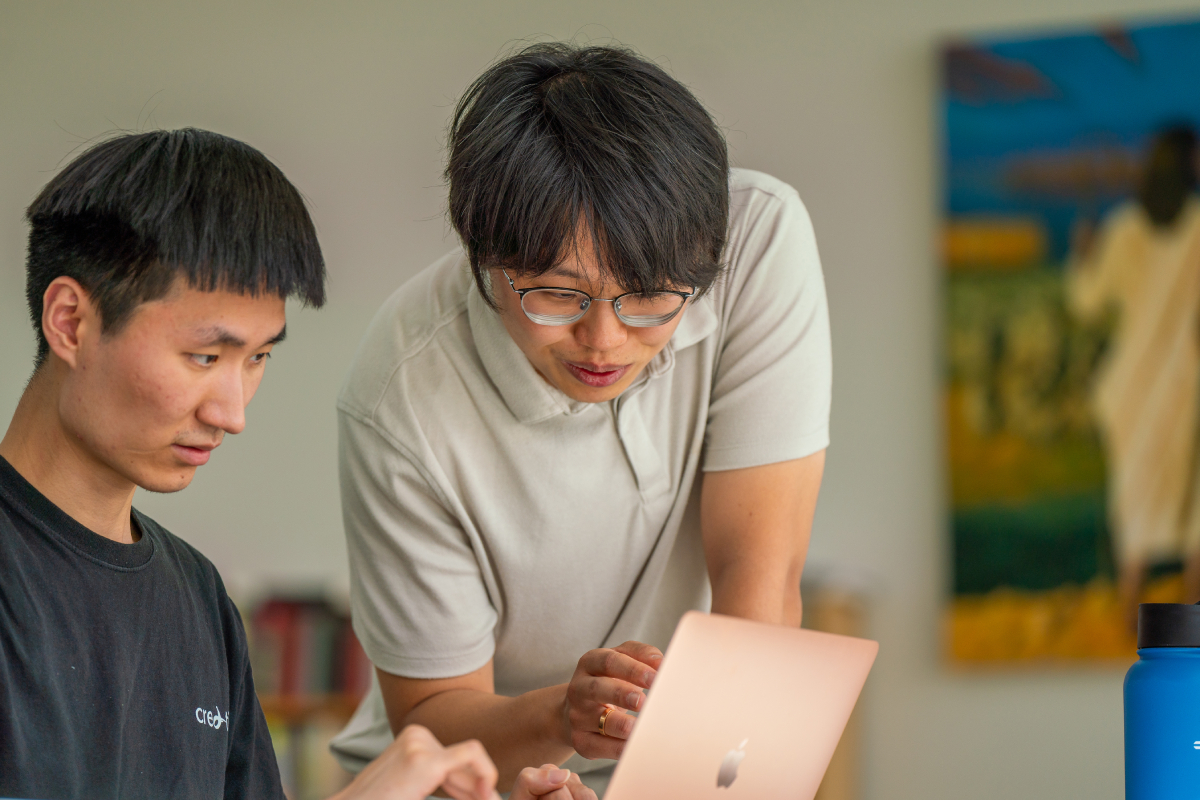Christian Perspectives on the Boundaries of Artificial Intelligence
October 22, 2025
RIVERSIDE, Calif. — At Olivet University’s Riverside campus, Professor Taegil Ha’s Introduction to Information Technology class offered more than a technical exploration of generative artificial intelligence (AI). It became a space for young Christian students to thoughtfully consider the ethical and spiritual dimensions of technology.
The class opened with student presentations comparing several generative AI models beyond ChatGPT. Students discussed Claude and explored the models’ training methods, strengths, weaknesses, and the ethical questions surrounding data use.
Moving beyond technicalities, Dr. Ha guided the class into a philosophical and spiritual discussion about AI. He asked whether AI could ever truly possess intelligence, emotions, or consciousness. He emphasized that while materialist perspectives might argue that AI can simulate these qualities, Christian students are reminded that humans are fundamentally different.
“Even if AI exhibits behavior resembling emotion or awareness through complex mechanisms,” said Ha, “it remains fundamentally distinct from human beings endowed with the Holy Spirit” (John 3). This perspective encouraged students to recognize the limitations of AI and reflect on the higher purpose and dignity inherent in God’s creation.
Dr. Ha also stressed the importance of critical thinking. He warned that even minor mistakes by AI in academic or professional settings could lead to significant consequences. Students were guided to see that no AI, regardless of sophistication, can fully overcome biases present in source materials or eliminate errors in reasoning. By cultivating discernment and careful evaluation, students learn to navigate AI tools responsibly while honoring the unique wisdom God has given humans.
In the technical portion of the lecture, Dr. Ha introduced students to the mechanics of generative AI, including variational autoencoders, generative adversarial networks, and stable diffusion. He explained that large language models function as “word prediction machines,” while image and video generation models operate as “noise prediction machines.” He cautioned students against attributing human-like meaning or consciousness to these technologies.
Concluding the session, Dr. Ha reflected on the class as a space for growth. “Through this class, I’ve seen the unique potential and individuality within each student,” he said. “As young Christians, they are learning not only to engage with technology but also to recognize their God-given distinction and responsibility. Critical and engineering thinking skills are essential — but so is understanding that human wisdom, guided by the Spirit, is superior to even the most advanced AI.”
Through this integrated approach, Olivet University students are more prepared to navigate the AI-driven world with discernment, humility, and confidence in their identity as God’s creation.
For more Olivet University News visit www.olivetnews.com
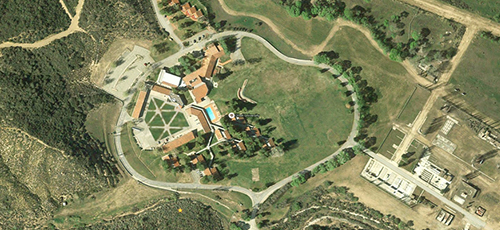
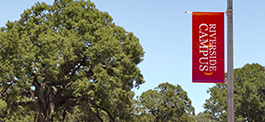
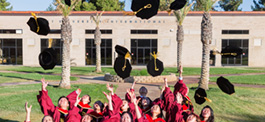
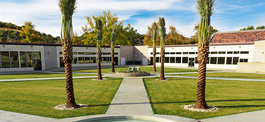
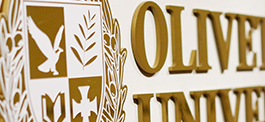

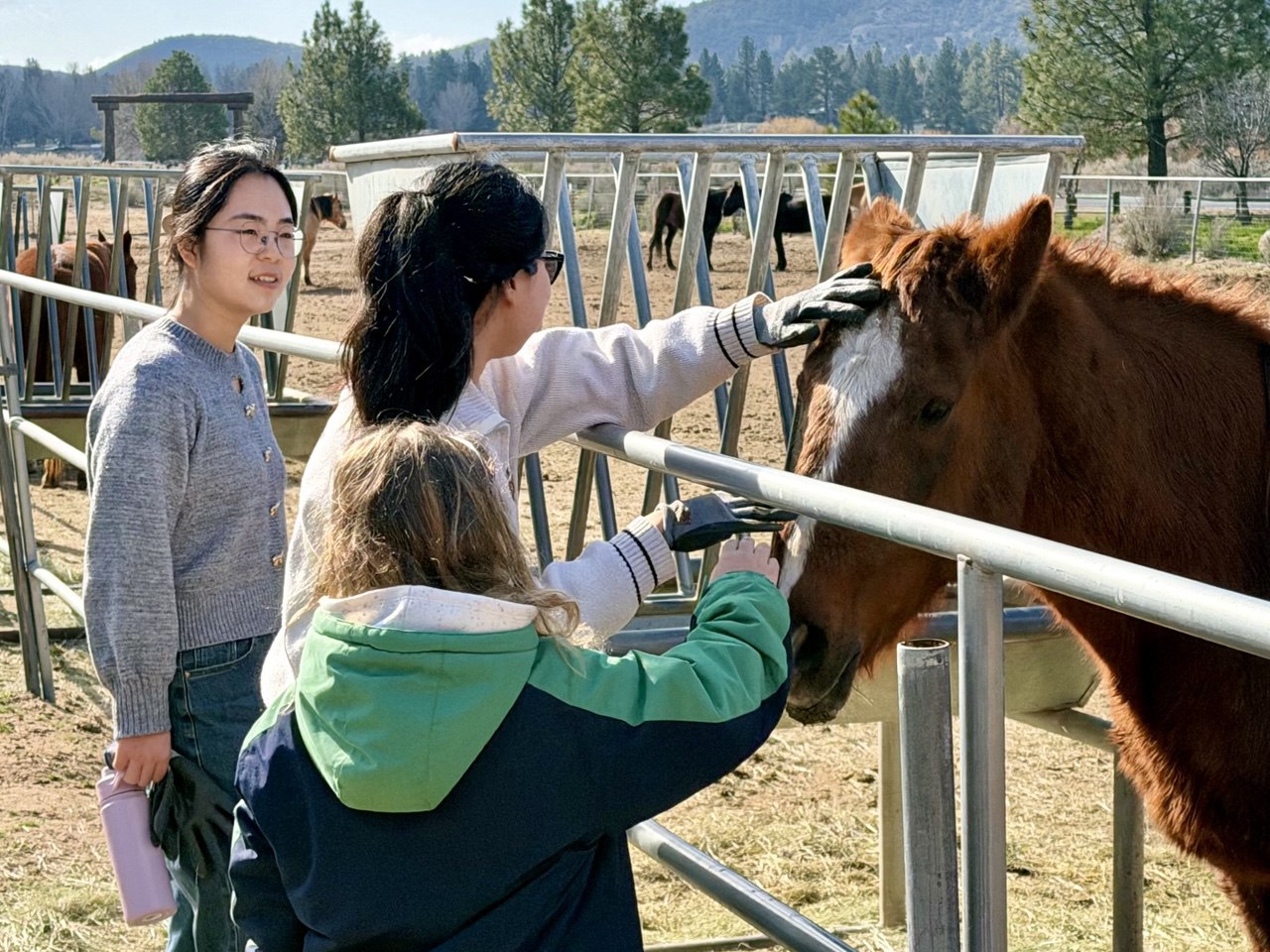 University Students Volunteer at Mountain Center Nonprofit
University Students Volunteer at Mountain Center Nonprofit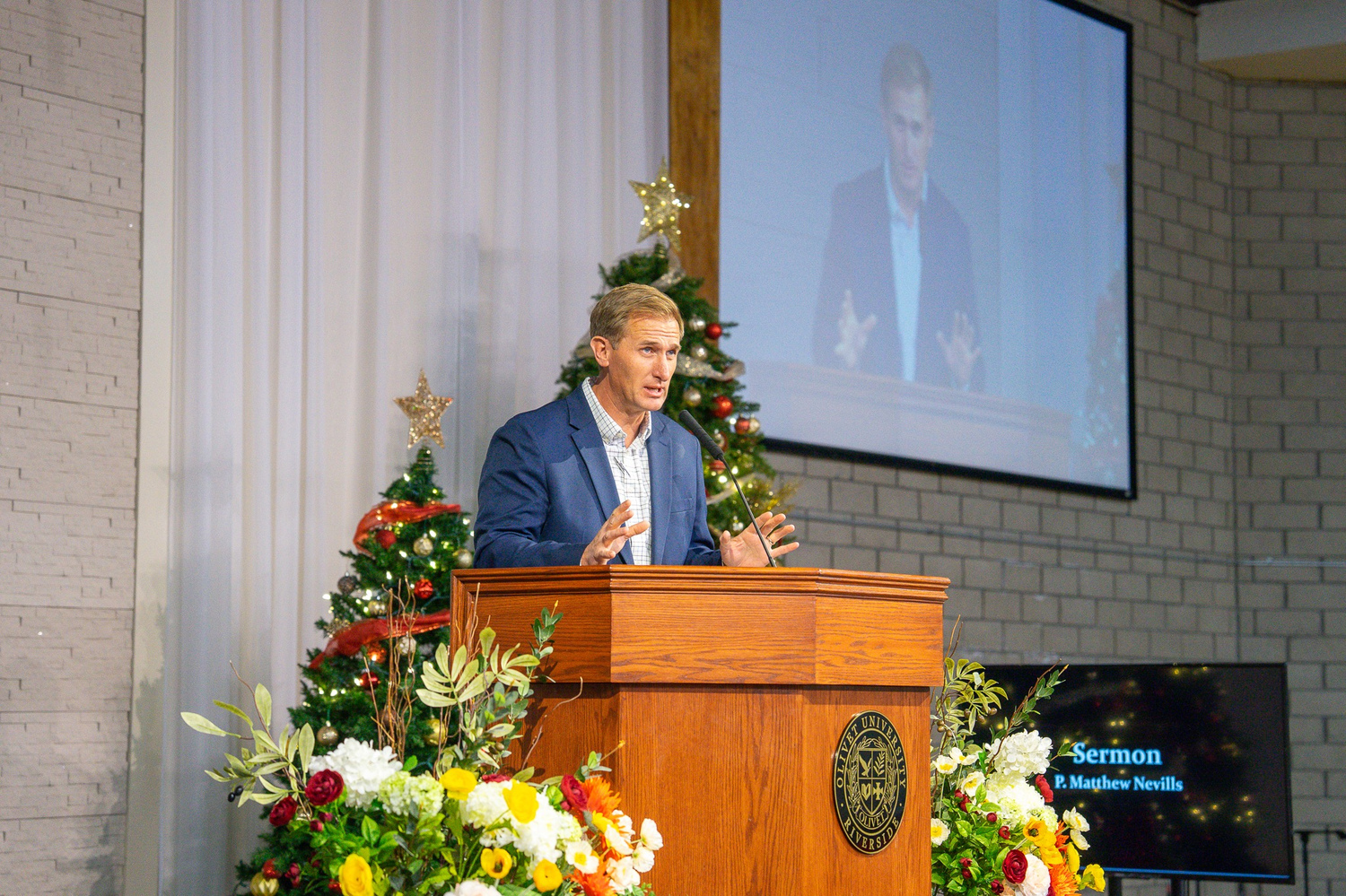 OU Riverside Hosts Sermon Series Speaker on Faithful Service and Reconciliation
OU Riverside Hosts Sermon Series Speaker on Faithful Service and Reconciliation